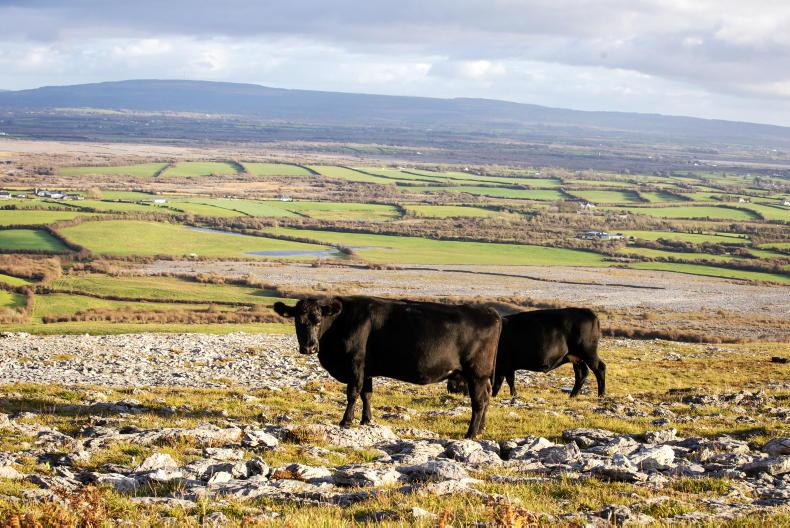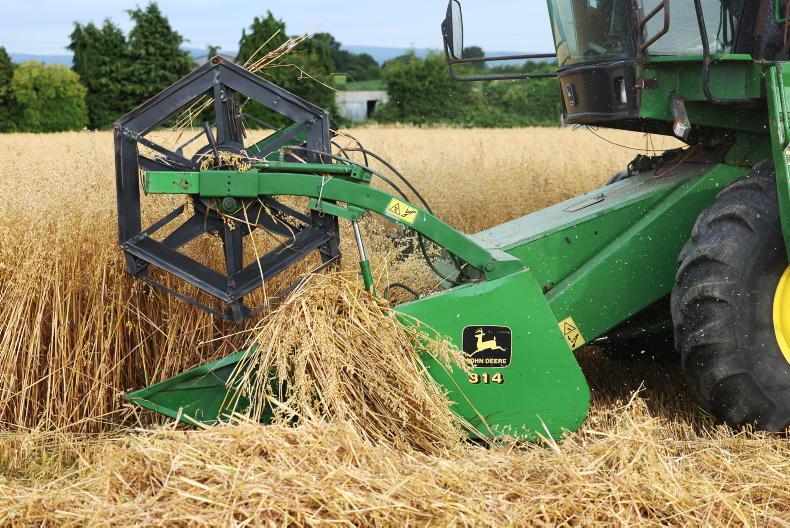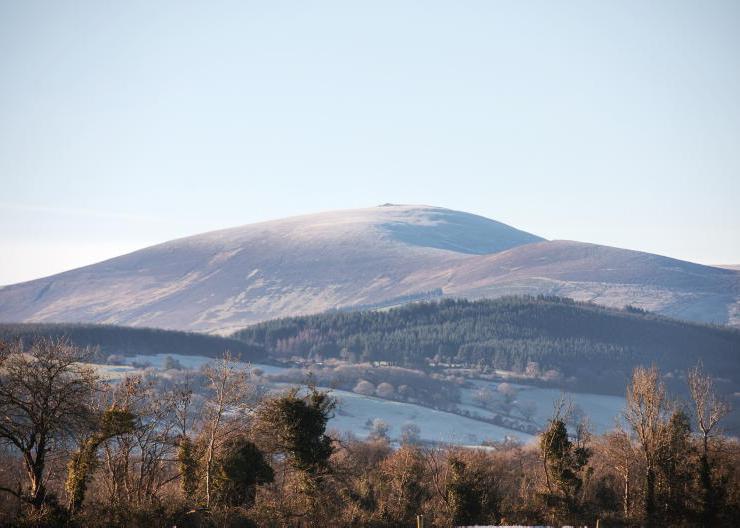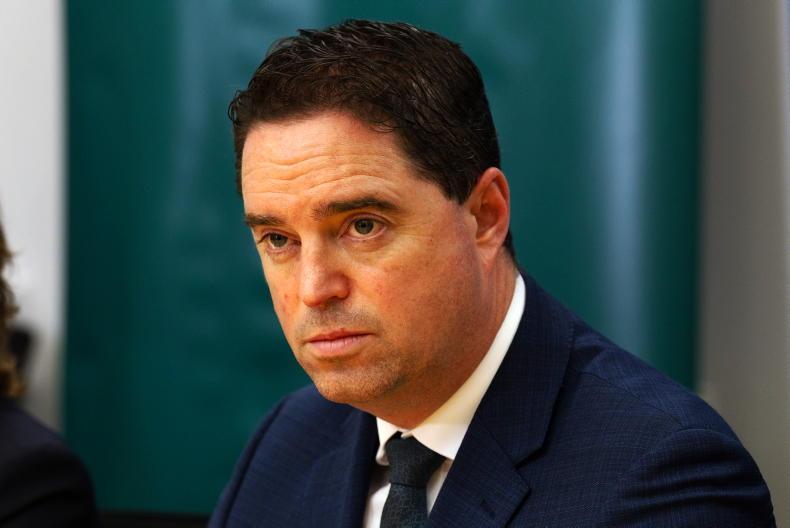The UN food systems summit took place in New York last Thursday and, as expected, it was long on political ambition but short on specifics about how a global approach to sustainable food production could be delivered.
Ireland and the EU are at the leading edge in developing and presenting strategies that are comprehensive on environmental sustainability. Both rely on ambitious market improvement through consumer recognition that their product is worth more than its mainstream counterpart. That is a huge leap of faith and a variation on the ‘build it and they will come’ philosophy – ‘produce it and they will pay more for it’ seems to be the mantra.
Farmers remain to be convinced – they have invested in Quality Assurance and Origin Green and these are now specification requirements for many customers of Irish beef and sheepmeat. Farmers this year have had good market prices relative to recent years, but that has been delivered by the market. When prices were on the floor in 2019, Quality Assurance and Origin Green couldn’t turn the tide.
The same fear exists with raising the bar ever higher when it comes to the on-farm production of Irish agricultural produce. Customers will want the elite standards we are capable of achieving – the only doubt is if it will bring sufficient reward.
Delivery
Perhaps this is where a national strategy can help. Irish farmers across all sectors have consistently shown they can produce a product that sustainability-wise already compares favourably with any other major producing country in the world. We are the best in the world for dairy along with New Zealand and at the top end of the beef and sheepmeat table as well.
The challenge for our processing industry is to secure more from the market in recognition of this. If this can be done on a consistent basis, then Irish farmers will embrace the challenge. What doesn’t work is farmers delivering on their part, but the processing sector coming back to complain that we are competing in international markets and we have to price match or accept better offers from elsewhere.
When we talk of international markets, for Ireland that used to mean outside of Europe. However, with the UK government trade policy post-Brexit, the UK is in the process of becoming an international market.
The Irish Government and Bord Bia are determined to defend this market and the Origin Green awards ceremony on Friday was a demonstration of our leading edge credentials in sustainability.
The other tool that is being developed to defend the UK market is the progression of a PGI application for grass-fed beef. This is ambitious, given that grain-fed beef is considered the premium beef outside Europe, but if it can work anywhere, the UK is the best bet given the familiarity of British consumers with grass-based livestock production.
What was also notable from the UN summit was the US position. President Biden and agriculture secretary Tom Vilsack were strong on their commitment to strengthen food security and nutrition, backed by a $10bn multiyear fund.
Reference to climate change mitigation and adaptation and building more sustainable, equitable and resilient food systems were the secondary focus of the message.
The primary concern for the US remains production and food provision – within a sustainability framework. The EU has taken a different approach by putting a sustainability framework in place in which agriculture must function. That makes food production the secondary priority, the opposite of the US position.
UN and global approach
Bringing the global food production and sustainability debate under the UN umbrella is the only hope of delivering a single global policy. There is now widespread acceptance that the EU, including Ireland, going solo with major production controlling initiatives will simply move the production elsewhere in the world.
That is the worst of both worlds – loss of a European industry with no benefit to the global GHG emissions output if production is simply relocated elsewhere. What is needed is a policy on GHG emissions that applies to the entire world.
If that is the outcome of COP 26 in Glasgow in a few weeks’ time, Irish agriculture has nothing to fear from a level playing field. The danger, of course, is that we lead from the front by example, with others failing to follow. If that happens, we will quickly see if there is sufficient market premium to provide economic sustainability for farmers – the sustainability that is most overlooked.








SHARING OPTIONS